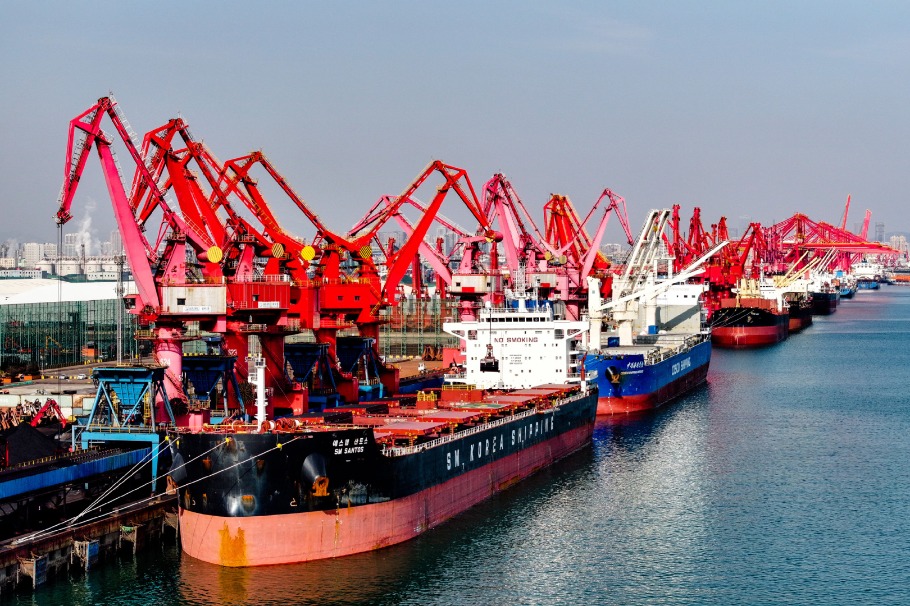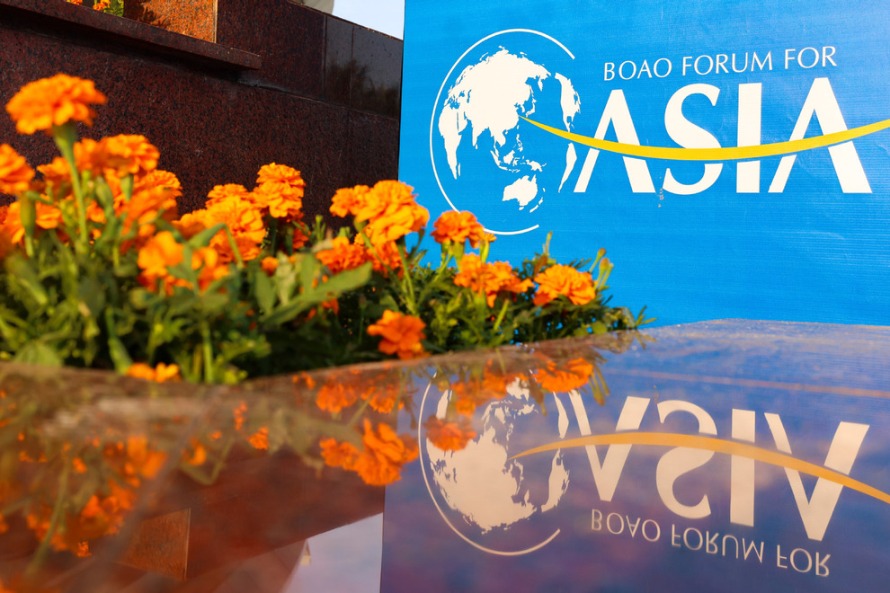Experts call for steel capacity cut
By MENG FANBIN | China Daily | Updated: 2017-05-09 07:53
 |
| Workers examine the billet at a steel mill in Dalian, Liaoning province. LIU DEBIN / FOR CHINA DAILY |
China's steelmakers should avoid expanding production capacity continually, setting the scene for a subsequent decline in price in the second quarter, with excessive inventories, experts have warned.
The sector's mills churned out a record quantity of steel in April in spite of falling orders, an industrial index showed.
"The move is nearsighted and high inventories must lead to falling prices of steel products and a decline in profits," said Zhou Yusheng, a professor at the Central Iron and Steel Institute, China's biggest research and development institution in the metallurgical sector.
The Purchasing Managers' Index of the steel sector continued to slide to 49.1 in April, comparing with 50.6 in March and 51.4 in February, according to the China Federation of Logistics&Purchasing.
The sub-index for new orders fell 3.7 percentage points to 46.9, down below the 50 boom-bust line after three months, and also its lowest since July last year, CFLP data showed. However the sub-index for production rose for the fourth-consecutive month to 56.2, an almost one-year high.
The PMI reflects the manufacturing sector's performance. A figure above 50 indicates growth in the sector, while anything below points to contraction.
Analysts said the fact that steelmakers kept producing more and more steel in April was due to several reasons.
"Inspired by surging profit in the first quarter, most steelmakers have an optimistic forecast for the whole year," said Wang Guoqing, an analyst from the Lange Steel Information Research Center.
Although steel prices plummeted in mid-April, she said they thought market demand would push them up in May and June, due to the elimination of inferior steel products and stable market demand.
More than 500 companies which produce inferior steel have been urged to close by the end of June, involving 119 million metric tons of production capacity, according to a statement from the China Iron and Steel Association.
But inferior steel production will be added from other operational steel plants, which will lead to growing output, Wang said.
"Steel, a key part of China's development and infrastructure, is forecast to have stable demand this year, inspired by the construction of the Xiongan New Area and infrastructure development," she added.
However the Central Iron and Steel Institute's Zhou said, China's excessive output in the steel sector has been criticized by the United States, European Union and even the Association of Southeast Asian Nations, which will lead to its exports shrinking, although it isn't clear how long that will continue.
"In addition, iron ore prices are on the rise, which will increase the costs at steel mills," Zhou added.
He said the steel makers may earn some profits temporarily through output expansion, but the profits would not last long and the move would harm the whole industry.
"The companies should introduce advanced energy saving and emission reduction technology, instead of chasing output and profit," Zhou said.
Li Xinchuang, director of the Metallurgy Industry Association, said that generally speaking there was more demand for steel in summer in a healthy market, but demand for the rest of the year was not certain.
Both Li and Zhou both warned steel makers to press ahead with capacity cutting and deleveraging.
China closed 65 million tons of capacity last year and plans to close another 50 million tons this year, according to a speech in early March by Premier Li Keqiang.
























